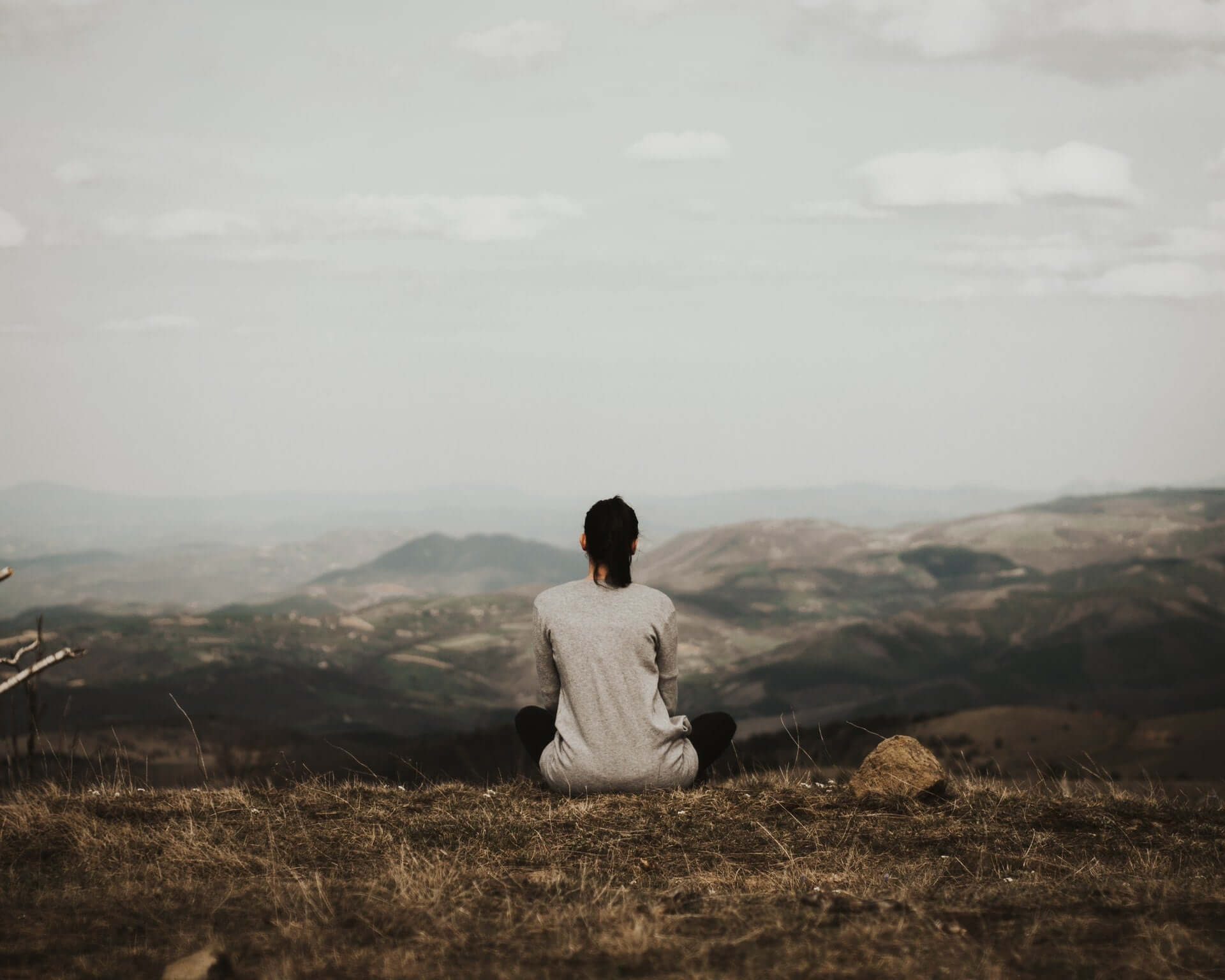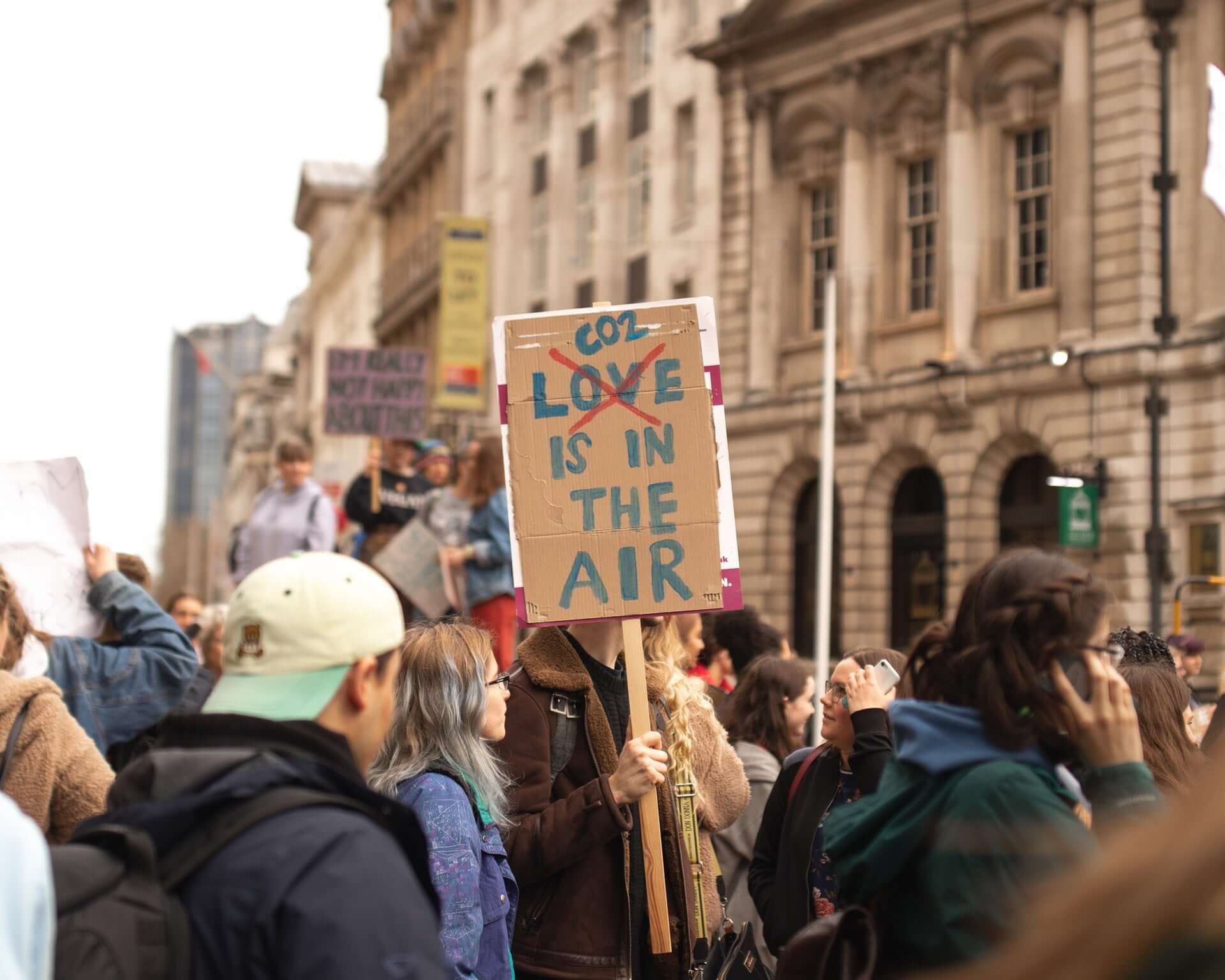
Inhaltsverzeichnis
Die Gefahren von Einsamkeit
Einsamkeit macht uns traurig. Das ist keine Neuigkeit. Was jedoch viele Menschen nicht wissen, ist, dass chronische Einsamkeit auch körperliche Folgen haben kann. Wenn wir uns alleine fühlen, hat das außerdem einen Einfluss darauf, wie wir unsere Umgebung wahrnehmen. Über diese und noch mehr Gefahren von Einsamkeit soll es heute gehen.
Wie häufig ist Einsamkeit?
Ab und zu allein sein zu wollen oder sich nach einer Trennung, Absage oder Streitsituation einsam zu fühlen ist normal. Das kennen wir alle. Problematisch wird es, wenn dieses Gefühl der Einsamkeit anhält und chronisch wird. So fühlen sich 46% der gesamten US-amerikanischen Bevölkerung regelmäßig einsam. In Großbritannien geben 60% der 18- bis 34-Jährigen an, dass sie sich oft einsam fühlen. In Deutschland sind die Zahlen geringer, hier betrifft es “nur” 10 bis 15% der Bevölkerung. Immerhin acht Prozent der Deutschen leben sozial isoliert. Das Gefühl der Einsamkeit nimmt im Alter leider häufig zu. Und obwohl wir heutzutage so vernetzt sind wie noch nie zuvor, hat chronische Einsamkeit in den letzten Jahrzehnten insgesamt stark zugenommen.
Sozial isoliert vs. einsam
Man kann auch einsam sein, wenn man nicht allein ist.
Soziale Isolation und Einsamkeit meinen nicht notwendigerweise dasselbe. Als sozial isoliert gelten Menschen, die viel Zeit allein zuhause verbringen und insgesamt wenig Kontakt mit anderen Personen haben. Hingegen gilt man als einsam, wenn man zwar Beziehungen pflegt, diese aber nicht den eigenen Bedürfnissen nach Zugehörigkeit und Geborgenheit entsprechen. Einsamkeit bezieht sich also auch auf das persönliche Empfinden. Sie hängt eng mit unseren sozialen Bedürfnissen zusammen und diente dem Menschen früher als Warnsignal, um nicht von der eigenen Gruppe verstoßen zu werden. Hier kannst du noch mehr darüber lesen.
Trotzdem gibt es natürlich eine Schnittmenge zwischen den beiden Begriffen. In manchen Untersuchungen werden sie synonym verwendet, was eine klare Interpretation der Ergebnisse erschwert. Einsamkeit als “Gefühl” wird meist mithilfe von Fragebögen erfasst. Objektiver messbar ist die Anzahl von sozialen Interaktionen.

Photo by Timon Studler on Unsplash
Warum ist Einsamkeit ein Problem?
Ein offensichtliches Problem von Einsamkeit ist das Gefühl von Schmerz und Traurigkeit, welches damit einhergeht.
Körperliche Folgen von Einsamkeit
Was aber viele nicht wissen, ist, dass Einsamkeit auch Auswirkungen auf unseren Körper hat. Denn chronische Einsamkeit löst Stress aus. Wenn wir den “Schutz” einer sozialen Gruppe verlieren, wird unter anderem das Stresshormon Cortisol ausgeschüttet – unser Körper ist in Alarmbereitschaft. Und auch dieser Stress kann chronisch werden, unser Immunsystem ist dann dauerhaft geschwächt.
Wenn wir einsam sind, sind Blutzuckerspiegel und Blutdruck erhöht. Wir werden schneller krank, altern schneller und haben ein erhöhtes Risiko für Krebserkrankungen. Erkrankungen wie Alzheimer schreiten durch Stress schneller voran. Insgesamt ist durch chronische Einsamkeit die Wahrscheinlichkeit erhöht, an Herzinfarkten, Schlaganfällen, Krebs, Demenz, zu erkranken. Auch das Risiko für psychische Erkrankungen wie Depressionen oder Angststörungen ist erhöht.
Umgekehrt konnte in einigen Studien gezeigt werden, dass funktionierende soziale Interaktionen diesen und anderen Krankheiten vorbeugen können. Soziale Interaktionen schützen das Herz und das Immunsystem.
Auch die generelle Sterblichkeit steigt bei einsamen Menschen: Einsamkeit ist etwa doppelt so tödlich wie Fettleibigkeit und so tödlich wie eine Packung Zigaretten am Tag oder eine Alkoholsucht.
Und als ob das nicht genug wäre...
Eines der größten Gefahren von Einsamkeit ist ihre selbstverstärkende Wirkung. Einsamkeit fühlt sich an wie eine Bedrohung und führt zu sofortigem defensiven Verhalten. Diese Reaktion ist ähnlich wie bei physischem Schmerz, der einem zugefügt wird. Das Gehirn geht in den Überlebensmodus und beginnt, die Umgebung überall und immer nach potentiellen Gefahren zu scannen. Alles erscheint einem plötzlich feindselig und gefährlich.
Durch diese erhöhte Wachsamkeit unseres Gehirns sind wir auch empfangsbereiter für soziale Signale. Klingt eigentlich nach einer guten Sache, oder? Das Problem ist, dass wir soziale Signale zwar schneller wahrnehmen, diese aber schlechter interpretieren. Neutrale Gesichtsausdrücke werden plötzlich als böswillig eingestuft, ein Sich-Weg-Drehen eines Freundes zur anderen Tischseite wird als Ablehnung interpretiert, obwohl dieser lediglich seine Sitzposition adjustieren wollte. Es ist wie ein Negativ-Filter, der sich über deine sozialen Interaktionen legt und dich stets das Schlimmste über die Absichten anderer annehmen lässt.
Der Teufelskreis
Die Umgebung erscheint einsamen Menschen als feindlich und bedrohlich. Um sich zu schützen, werden sie selbstbezogener. Andere Menschen nehmen einen als kälter, schüchterner oder unfreundlicher wahr. Das wiederum verstärkt den Eindruck von Gefahr, die von sozialen Interaktionen ausgeht. Um diesen zu entgehen, werden soziale Interaktionen zunehmend vermieden.
Wenige soziale Interaktionen verstärken jedoch oftmals das Gefühl von Einsamkeit – und der Eindruck von Gefahr und Feindseligkeit wächst. Ein wahrer Teufelskreis. Diese Negativspirale wird immer schlimmer und zunehmend schwieriger, zu durchbrechen...
Chronische Einsamkeit birgt viele Gefahren, die nicht nur psychischer Natur sind. Und nicht nur alte Menschen sind von Einsamkeit betroffen, auch jüngere Menschen fühlen sich einsam oder isolieren sich sozial. Die Entwicklung, dass Einsamkeit in den letzten Jahrzehnten deutlich häufiger geworden ist, ist keine schöne Beobachtung. Dennoch gibt es Wege, mit Einsamkeit und/ oder sozialer Isolation umzugehen und den Teufelskreis der Einsamkeit zu durchbrechen.
In diesem Artikel auf unserem Blog geht es konkreter um Hilfestellungen und Tipps bei Einsamkeit.
+++ Falls du dich akut einsam fühlst, über Suizid nachdenkst oder mit jemandem sprechen möchtest, kannst du das Angebot der Telefonseelsorge nutzen. Die ist rund um die Uhr kostenlos erreichbar unter 0800 111 0 111 und 0800 111 0 222. Du kannst dabei selbstverständlich anonym bleiben. Über diesen Link findest du weitere Hilfsangebote. +++
Wenn du noch mehr über die Themen Achtsamkeit, gesunde Ernährung oder Nachhaltigkeit erfahren möchtest, schaue doch mal hier vorbei.

Photo by Zohre Nemati on Unsplash



























Leave a comment
This site is protected by hCaptcha and the hCaptcha Privacy Policy and Terms of Service apply.